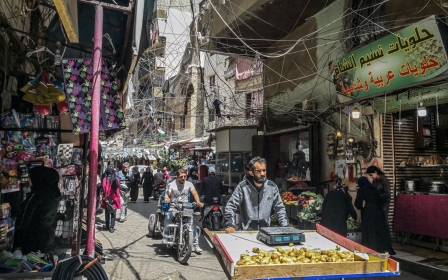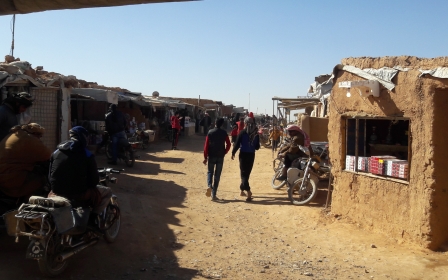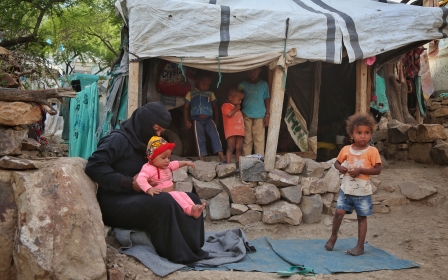UN says a third of Arab world's population does not have enough to eat

A third of the 420 million people in the Arab world do not have enough food to eat in both conflict-affected and non-conflict affected countries, the United Nations said in a report on Thursday.
The world body's Food and Agriculture Organisation reported that the number of those malnourished in the Arab world rose by 4.8 million people to 69 million, nearly 16 percent of the population, between 2019 and 2020.
New MEE newsletter: Jerusalem Dispatch
Sign up to get the latest insights and analysis on Israel-Palestine, alongside Turkey Unpacked and other MEE newsletters
"The increase in the levels of undernourishment has occurred across all income levels, in conflict-affected as well as non-conflict countries," the FAO said.
"In addition, nearly 141 million people did not have access to adequate food in 2020 - an increase of more than 10 million people since 2019."
The Covid-19 pandemic has caused “another major shock”, it said.
Conflict-hit Somalia and Yemen remained the worst-affected countries last year, with nearly 60 percent of Somalis going hungry and more than 45 percent of Yemenis undernourished.
"Yemen had the highest prevalence of anaemia in 2020, affecting 61.5 percent of women of reproductive age," it said.
Over the past two decades, hunger in the Arab world has increased by 91.1 percent, according to the report.
"Rates of stunting (20.5 percent) and overweight (10.7 percent) among children under five years of age were high in 2020," the FAO noted.
It said adult obesity, especially in the richer Arab states, was also on the rise.
"The latest year estimate for the Arab region shows that 28.8 percent of the adult population was obese, i.e. more than double the global average of 13.1 percent."
Middle East Eye delivers independent and unrivalled coverage and analysis of the Middle East, North Africa and beyond. To learn more about republishing this content and the associated fees, please fill out this form. More about MEE can be found here.





